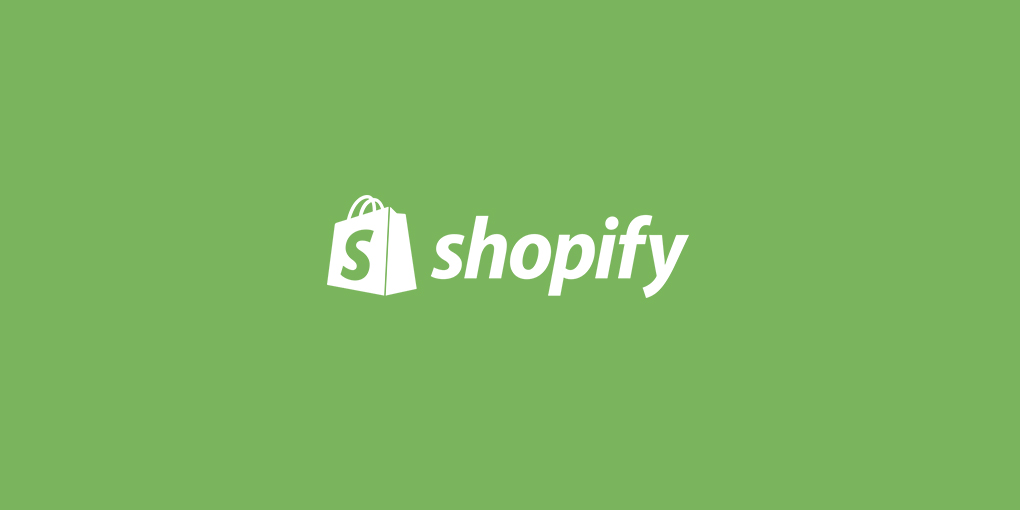Top 5 Ecommerce Platforms for 2017
Ecommerce has exploded in recent years. While people have been selling things online for more than two decades now, it is really in the last few years where e-commerce has become something that everyone can use to their advantage.
No longer limited to the biggest companies in the world, even a small startup operation can use ecommerce to reach a wide market of potential customers. (see this review of ecom elites, which teaches you how to get into ecom).
Ecommerce has grown so rapidly in large part due to the many ecommerce platforms which are available today. As you think about launching your own online retail operation, you will have plenty of choices to pick from with regard to an ecommerce platform. Selecting the right one comes down to matching up your needs with the software that includes right features. In this article, we are going to highlight the top five ecommerce platforms for 2017.
Shopify

An incredibly popular ecommerce platform, Shopify boasts more than 300,000 merchants among its users list. Dating back to 2004, this is one of the oldest and most-respected options on the market today. Shopify is even a publicly traded company, a sign of their importance and significance in this space. If you would like to work with one of the industry leaders, you would do well to opt for Shopify.
One of the great strengths of Shopify is its versatility. Unlike some other ecommerce options, which paint you into a corner with limited functionality, you can do just about anything you need to do when using the Shopify platform. There are plenty of themes to choose from for your storefront, the software is easy to use even for beginners, and there is plenty of support if you get stuck. Anyway you look at it, Shopify is a leader in this space and you would be wise to carefully consider going in this direction.
Magento
Coming up on its 10-year anniversary, Magento is another popular ecommerce option. Not just a platform for small online sellers, this is software which is used by some of the largest corporations in the world. In many cases, it will come down a battle between Shopify and Magento for which is the best choice for a given business. In fact, many businesses will not need to go past these first two options on the list in order to find a winner.
So what does Magento offer that would sway you in this direction? On a basic level, it provides many of the same features as Shopify – however, Magento typically requires a higher level of technical expertise to set up, so it may be ‘over the head’ of some users. One of the notable advantages of Magento is the affordable nature of the themes you can pick for your store. In general, Magento themes will either be free or far less expensive than Shopify options. Also, if you use the Magento Community product, you can use the platform for free (although you will need to pay for hosting and other site expenses).
BigCommerce

While not as big of a player in this market as the first two on our list, BigCommerce certainly has a large following. This is another all-inclusive ecommerce solution, and its software is offered at various price points to meet the needs of each individual business. Thanks to its ease of use and long list of features, BigCommerce is an attractive pick for those just getting started in ecommerce. Specifically, the ability to integrate BigCommerce with your social media presence is an attractive benefit. Also, in addition to the features you receive with the product, you will also have the opportunity to purchase additional ‘apps’ to add specific functions to your site.
If you are trying to decide whether or not BigCommerce is right for you, keep in mind the fact that you will likely need to purchase a rather expensive theme to get started. There are very few free themes available for BigCommerce, and the premium themes often sell for well over $100. This may not be a problem if you have a sufficient budget, but it could be an issue for young businesses.
Weebly

For those who value a user-friendly experience above all else, Weebly is an option that should be considered closely. With a decade of experience in the ecommerce space, Weebly is a well-established platform which offers many of the same features as the top names in the business. One of the best features of Weebly is the drag-and-drop editor. For those without any coding skills or experience, the ability to create a website in real-time is rewarding and intuitive.
There is little doubt that Weebly can make it easy for you to create a beautiful website. However, this platform is not as fully dedicated to ecommerce as the others on our list, so those needing powerful ecommerce functions may have to look elsewhere. You can use Weebly for basic ecommerce however, so don’t rule it out without taking a closer look.
WooCommerce

The final ecommerce platform on our list is not actually its own platform – rather, it is a plugin for WordPress. As you may know, WordPress is the most-popular website building platform in the world, so it only makes sense to include a plugin for those who love using WordPress to build sites. Although WooCommerce has a rather short history in this business, it already has an incredibly long list of users.
One of the great things about using WooCommerce is the fact that it is both open source and free to use. There are plenty of premium add-ons you can purchase in order to add to the functionality of the product, but it is free at the basic level. If you already have a WordPress website and you are planning to add ecommerce, WooCommerce is a logical place to get started.
There is no single ecommerce platform that can be named ‘the best’, as there are too many variables to consider. Those looking for an all-in-one system which is easy to use and well-supported will likely wind up with Shopify. However, the rest of the choices on our list have their own benefits as well, depending on the needs of your business. Take a moment to look deeper into each of these before making your selection.
Related Posts
Ecommerce marketing relies heavily on understanding consumer behavior and psychology to drive engagement, conversions, and loyalty.
Are you thinking about migrating from one e-commerce platform to another? If yes, then you have come to the right place.
As a business owner, you have to address many challenges in your working life, but one of the most important for the long-term success of your organization is productivity.
Core Web Vitals is a set of performance metrics developed by Google to measure the quality of a website's user experience.
Building an effective website is a vital part of starting and sustaining any small business, and this guide can help you create one tailored specifically to a CBD company's needs.
Consumers in every industry often foster emotional connections with brands via tangible experiences they gain through their five senses.


















Comments
comments powered by Disqus